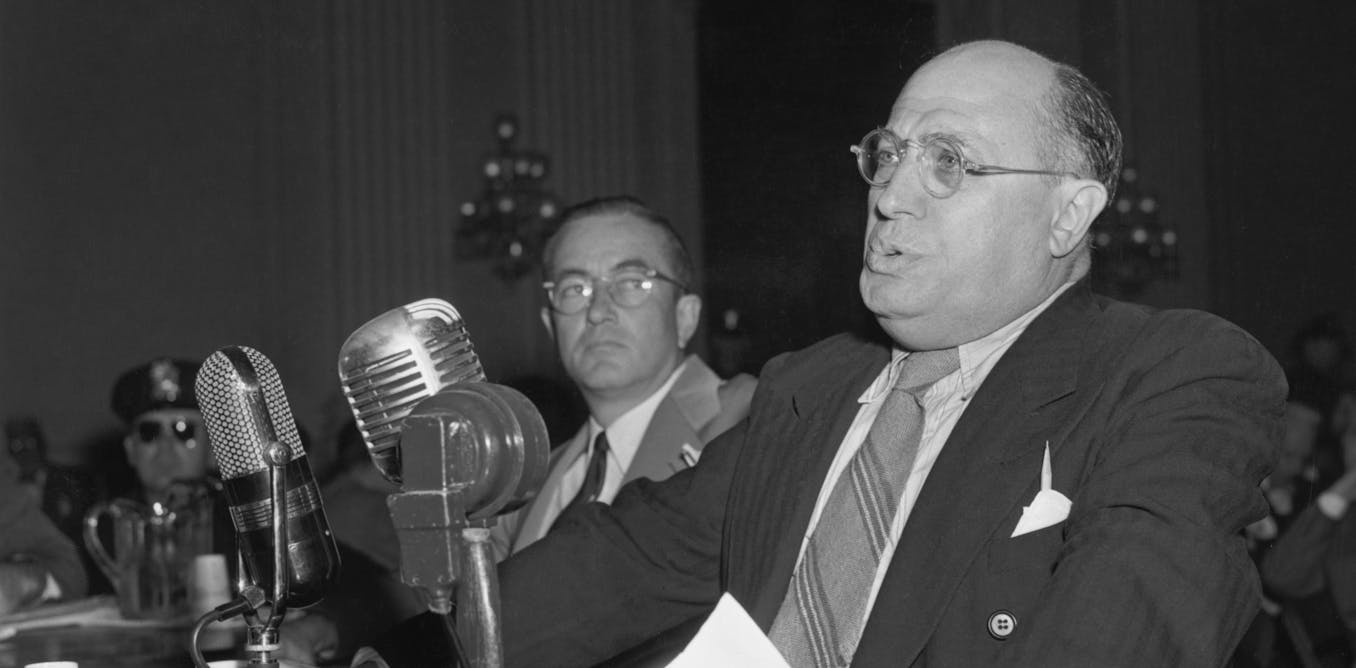Why Elon Musk Can’t Legally Sell The Tesla Cybercab As Promised
In the ever-evolving landscape of technology and innovation, few figures loom larger than Elon Musk. His ambition to revolutionize transportation with electric vehicles and autonomous technology has garnered widespread attention and admiration. However, recent reports have unveiled significant hurdles preventing the launch of his latest brainchild, the Tesla Cybercab. Forbes Senior Editor Alan Ohnsman dives into this unfolding saga, shedding light on the regulatory and legal challenges that currently plague Musk’s grand vision.
The Cybercab Vision and Legal Conflict
Musk’s vision for the Cybercab was to create a ride-hailing service powered entirely by autonomous electric vehicles. But as Ohnsman highlights, the dream of a fully self-driving cab faces a stark reality—it cannot legally be marketed or sold in its current state. This conflict between Musk’s ambitions and the law underscores the complexities of introducing groundbreaking technology in a heavily regulated industry.
Technology and Regulatory Challenges
The crux of the issue lies in safety standards that remain unmet. The transition from traditional vehicles to autonomous ones demands an overhaul of existing regulations, which, according to Ohnsman, have languished in the face of rapid technological advancements. Regulatory bodies are also grappling with how to evaluate the safety of these autonomous systems, leaving the Cybercab in a precarious position.
The Cybercab’s Central Role in Tesla’s AI-Powered Future
Beyond mere transportation, the Cybercab represents a cornerstone of Tesla’s AI-centric vision. A successful roll-out could redefine urban mobility, but Musk’s promise hangs in the balance as compliance issues loom large. Ohnsman underscores how vital the Cybercab is for Tesla’s long-term strategy, making the stakes even higher for both the company and its ambitious CEO.
The Consequences of Selling a Non-Compliant Vehicle
The repercussions of launching a vehicle that does not meet regulatory compliance are dire. A misstep could not only cost the company financially but could also tarnish its reputation and erode consumer trust. As Musk continues to push the envelope, the importance of adherence to safety standards becomes paramount.
The Cybercab’s Potential as a Moneymaker and Product Risk
Despite the challenges, the Cybercab presents vast potential as a lucrative addition to Tesla’s lineup. A successful ride-hailing service could generate substantial revenue and boost the company’s market position. However, the product also carries inherent risks, highlighting a delicate balance between innovation and compliance.
The Realities of Tesla’s Business
As Ohnsman articulates, Tesla’s future rests on navigating these intricate challenges. The company is at a crossroads—while Musk’s visionary approach has inspired many, it also raises questions about leadership and accountability. His public confrontations with regulatory officials could threaten crucial approvals, complicating an already daunting path forward.
As the world watches, the momentum of Elon Musk’s Cybercab hangs in a precarious balance, caught between ambition and regulation. This intricate dance of innovation, compliance, and accountability will ultimately determine whether Musk can transform the car of the future into a commercial reality or watch the dream dissolve under the weight of legal hurdles.
Watch the video by Forbes
Video “Why Elon Musk Can’t Legally Sell The Tesla Cybercab As Promised” was uploaded on 11/20/2025 to Dailymotion Channel Forbes




































Leave a Reply